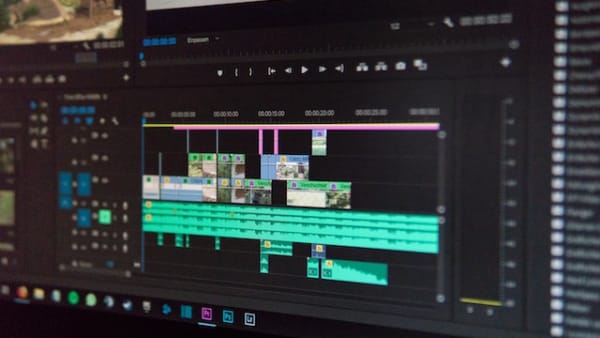Whether you're a recent graduate or an experienced professional, preparing for a tech interview can be overwhelming. In this article, we will explore common tech interview questions that you may encounter and how to effectively answer them.
Our goal is to help you feel confident and ready for any tech interview you may face. As we dive into commonly asked questions, remember that practice is paramount. Where appropriate, consider honing your skills with assessment tests on platforms like Neuroworx.io to measure and improve your aptitudes.
The Basics: Tell Me About Yourself
This question is often the first one at an interview and serves as the perfect opportunity to make a positive impression. To answer this question, address the following points concisely:
- Briefly mention your academic background or certifications.
- Share relevant work experience or internships.
- Include any personal projects or open-source contributions.
- Talk about your specific strengths or skills related to the position.
Remember, this is not a moment to recite your entire resume. Instead, focus on aspects that relate directly to the role you are applying for.
Technical Questions: Problem Solving, Debugging, and Coding
Tech interviews often involve questions about problem-solving, debugging, or coding. These are meant to assess your analytical and technical skills.
To prepare for these questions, ensure you have a strong foundation in data structures, algorithms, and programming languages relevant to the role.
Here are some examples of technical questions you may face:
- How do you reverse a string? (coding)
- How would you find the most common word in an array of words? (problem-solving)
- How do you fix a common XSS vulnerability? (debugging)
When answering any coding question, be sure to:
- Clarify the problem and ask questions if necessary.
- Discuss your thought process behind the solution you're developing.
- Write clean and well-structured code.
- Explain your code or solution to the interviewer and discuss any possible optimizations.
Behavioral Questions: Teamwork, Communication, and Adaptability
Behavioral questions assess candidates' soft skills, including teamwork, communication, and adaptability. These are crucial in ensuring a good cultural fit with the organization. Prepare for these by reflecting on examples from your experiences that demonstrate your skills in these areas.
Here are some behavioral questions to consider:
- Tell me about a time when you had to work with a difficult team member.
- How do you handle competing priorities or deadlines?
- Describe a situation in which you had to adjust to a significant change in technology or infrastructure.
To answer these questions effectively, follow the STAR method:
- Situation: Describe the context of the example.
- Task: Explain your specific responsibility in that situation.
- Action: Detail the steps you took to address the challenge or task.
- Result: Share the outcome of your actions and emphasize any learning experiences or positive impacts.
Industry-Specific Questions
Be prepared to discuss industry-specific topics related to the role you're applying for. These questions demonstrate your knowledge of the sector and illustrate that you can speak intelligently about pertinent issues. Conduct research on industry trends, relevant technologies, and any potential challenges. If the company has a blog or newsletter, explore their content for insight into their viewpoint.
For example:
- If you are applying for a role in cybersecurity, be prepared to discuss recent high-profile attacks and the importance of security best practices.
- For software engineers working in fintech, have a basic understanding of financial markets and how technology is disrupting traditional banking.
Wrapping It Up
The key to a successful tech interview is preparation and practice. Use the advice and resources in this article to familiarize yourself with the types of questions you might face and develop strategies for answering them effectively. Remember the importance of building your foundational knowledge and skills, as well as demonstrating how you can apply them to real-world situations.
By being thoroughly prepared, you'll be able to put your best foot forward in any tech interview and stand out among the competition. Good luck!





